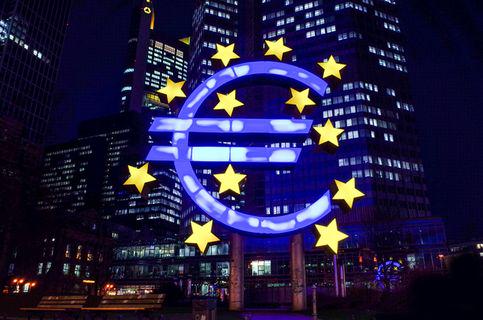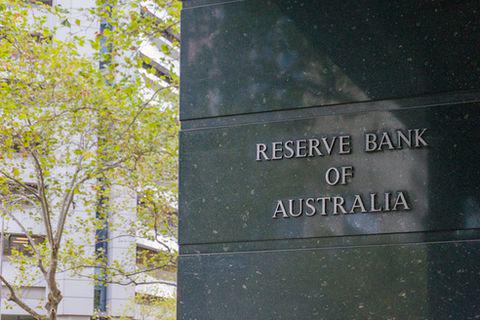
China's economy is rocketing. On the other hand OPEC+ countries take the decision to cut the production. What will be the impact on the oil price?

Don’t waste your time – keep track of how NFP affects the US dollar!
Data Collection Notice
We maintain a record of your data to run this website. By clicking the button, you agree to our Privacy Policy.

Beginner Forex Book
Your ultimate guide through the world of trading.
Check Your Inbox!
In our email, you will find the Forex 101 book. Just tap the button to get it!
Risk warning: ᏟᖴᎠs are complex instruments and come with a high risk of losing money rapidly due to leverage.
68.53% of retail investor accounts lose money when trading ᏟᖴᎠs with this provider.
You should consider whether you understand how ᏟᖴᎠs work and whether you can afford to take the high risk of losing your money.
Information is not investment advice
Yes, oil prices are burning right now, and, as a result, inflation is getting hotter worldwide. However, oil's bullish momentum is under threat. Below we've listed the factors that may cool the demand for the commodity.
1. Lockdowns in China
The drop in oil prices has accelerated since April 25 after Beijing closed some public places and stepped up mass testing to avoid a complete lockdown like the one in the global business hub Shanghai since the beginning of the month. The latest shutdowns have disrupted factories and supply chains, raising concerns about the economic growth in China, the world's second-largest economy, after the worst outbreak in two years. This will lead to a slowdown in oil demand since China is the largest importer of oil in the world. The lockdowns will likely reduce China's oil demand by 1.1 million barrels per day in April.
2. Supply is still here
Any projected oil deficit in the third quarter will be small and can be filled by increased OPEC production as oil demand growth continues to decline and global economic growth weakens. Moreover, the market is not entirely in deficit and could even post a small surplus in April. Balancing demand and supply will be more difficult in the third quarter and beyond, as the decline in China's demand is expected to be temporary. In contrast, the drop in Russian oil production will continue for longer.
3. Lower intraday trading ranges
While volatility in the energy markets remains high, there are signs that it's declining, with intraday trading ranges also pointing lower. Brent crude appears to be in the latter stages of its third wave since Russia's invasion of Ukraine. The amplitude of the trading waves is declining. The first wave range was $43 per barrel, the second was $23/bbl, and the third was $14/bbl.
4. Inflation will calm energy prices
With inflation continuing to stifle global economic growth, markets are worried about a possible recession resulting from higher energy prices and the Russia-Ukraine war. The war and rising inflation will destroy the demand for oil. As consumer spending declines and production and demand slow, energy prices will fall. The IMF cut its forecast for global economic growth by nearly a full percentage point.
It's necessary to remember the factors listed above and monitor the situation. In general, however, the bulls still have the upper hand over oil and natural gas, despite all these mixed signals that may threaten the bullish momentum but not stop it.

China's economy is rocketing. On the other hand OPEC+ countries take the decision to cut the production. What will be the impact on the oil price?

Oil prices fell to a three-month low following the release of US inflation data which was in line with expectations…

The US dollar index has lost around 12% since October 2022 till its local low at the end of January 2023.

eurusd-is-falling-what-to-expect-from-the-future-price-movement

Greetings, fellow forex traders! Exciting news for those with an eye on the Australian market - the upcoming interest rate decision could be good news for Aussies looking to refinance or take out new loans. The Mortgage and Finance Association Australia CEO, Anja Pannek, has...

Hold onto your hats, folks! The Japanese yen took a nosedive after the Bank of Japan (BOJ) left its ultra-loose policy settings unchanged, including its closely watched yield curve control (YCC) policy. But wait, there's more! The BOJ also removed its forward guidance, which had previously pledged to keep interest rates at current or lower levels. So, what's the scoop? Market expectations had been subdued going into the meeting, but some were still hoping for tweaks to the forward guidance to prepare for an eventual exit from the bank's massive stimulus
Your request is accepted.
We will call you at the time interval that you chose
Next callback request for this phone number will be available in 00:30:00
If you have an urgent issue please contact us via
Live chat
Internal error. Please try again later